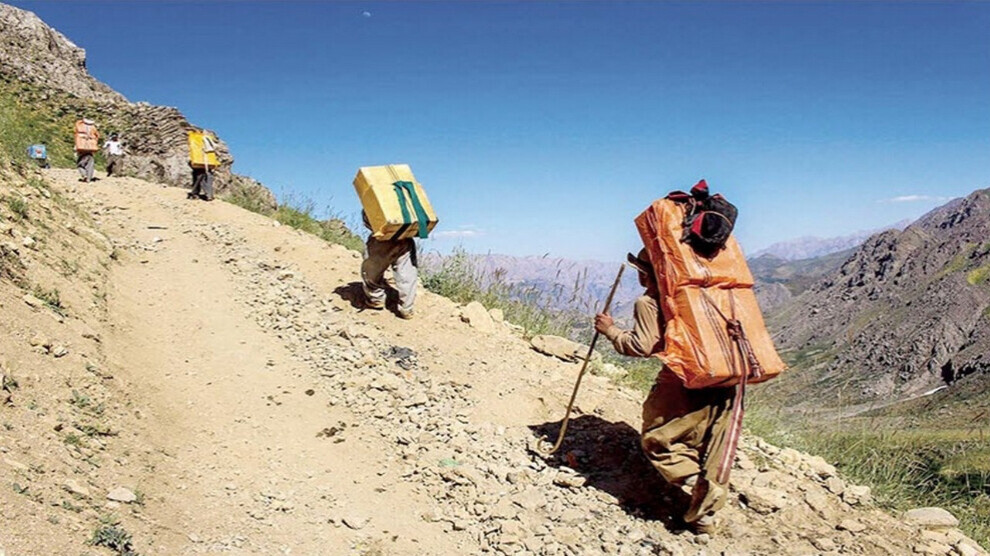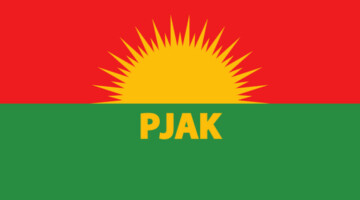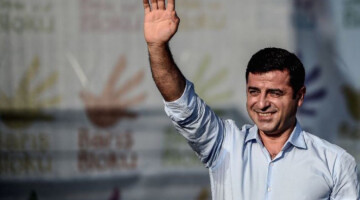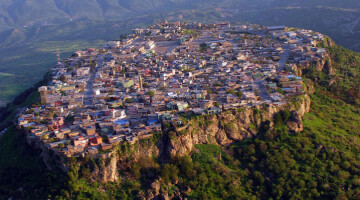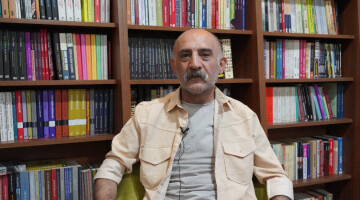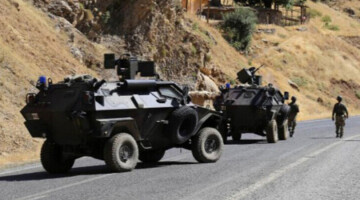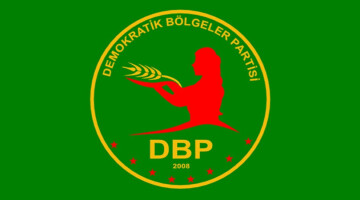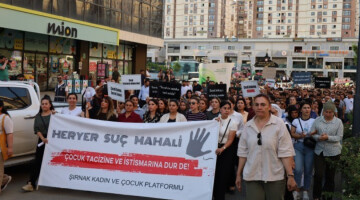IRANIAN ATTACKS ON KURDISH KOLBARS
The Executive Council of the Kurdistan National Congress (KNK) released a statement denouncing the Iranian regime’s never-ending attacks against kolbars (Kurdish load carriers in the border region).
KNK emphasised that thousands of East Kurdistan residents are forced to work as kolbars due to the lack of job opportunities and the indifference of state authorities.
The KNK said that while Iran is trying to marginalise and starve the Kurdish people, it is systematically targeting kolbars who do this dangerous work for a living.
The statement said: “Thousands have been killed so far, tens of thousands have been injured and thousands of families have been victimised. According to the Kurdistan Human Rights Network, at least 48 kolbars were killed and 427 people were injured last year. In the last 70 days alone, at least 17 kolbers and tradesmen have lost their lives.”
The KNK remarked that these attacks have gone unpunished and that the kolbars only wanted to earn a living without fear of Iran's armed forces. However, it said, the state forces attacked the kolbars and opened direct fire without warning.
The statement also pointed out that despite the Iranian government's promises to solve the kolbar issue, violence against kolbars has increased in the last two years. It said that these attacks and deaths are the result of the Iranian regime's hostile policy against the Kurdish people.
The KNK condemned these attacks and called on the Iranian government to fulfil its responsibility to protect the lives of the people. The KNK concluded its statement by saying, “On this occasion, we once again wish mercy to the murdered, condolences to their families and a speedy recovery to the wounded.”
Background
Eastern Kurdistan has descended deeper into poverty through the years due to deliberate policies by the Iranian regime and stands out as one of the poorest regions in Iran. Compared to other regions, the area has seen significantly less investment and development has been deliberately curbed. Agriculture and industry weren’t allowed to develop, and as a result, unemployment rose to the highest in Iran.
Faced with policies of discrimination, oppression and impoverishment, carrying smuggled goods is not a choice but a must for survival.
Kolbar comes from the Kurdish words, “kol” (back) and “bar” (load). Kolbars make their living carrying loads along the perilous borderline. Their loads include cigarettes, mobile phones, clothes, housewares, tea and seldomly alcohol. They walk through dangerous terrain to continue this trade between Southern and Eastern Kurdistan. The goods they bring are sold at high prices in Tehran, but the kolbars who risk their lives for them are paid very modestly.
The intermediaries who take the deliveries and find buyers in cities are called kasibkars.
Kolbars and kasibkars range from 13 to 70 years old. Some only finished elementary school, while others are university graduates. They carry loads, because they can’t find any other employment. In the last 5 years, some 300 kolbars and kasibkars were killed in cold blood. There are no absolute statistics available about the deaths.

